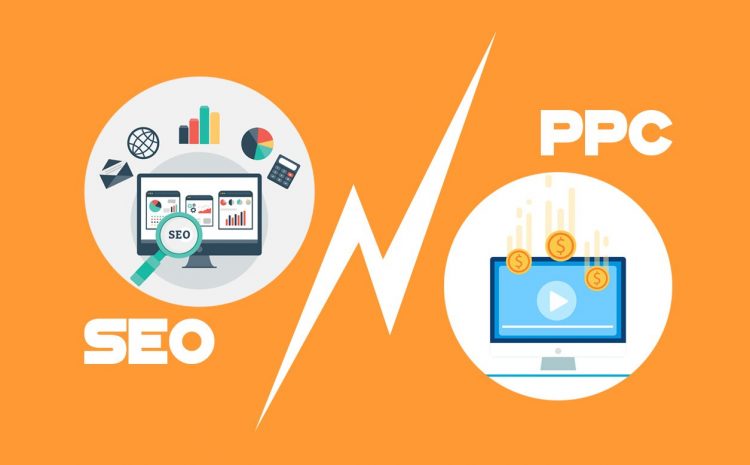If you run an online business, you must have digital marketing savvy. If you don’t, you may want to consider paid Search Engine Optimisation (SEO) or Pay Per Click or PPC services. The internet is a crowded marketplace, and most people don’t spend long trawling web search results when shopping for a product or service. You need to stand out instantly by having a high-ranking website on search results due to excellent SEO or by having eye-catching and intelligent ads set up for PPC. But what if you’re a relative newcomer to the online marketing space? You may not know the difference between SEO and PPC. This helpful article will explore the difference between these two forms of digital marketing. Read on to discover more.
Table of Contents
What is SEO?
SEO is optimising your website to rank high on search engine results. Search engines are online tools like Google or Bing. This is where most of your potential customers will start their buying journey. They will turn to a search engine with their problem, looking for solutions. For instance, someone with a blocked drain at home will search for “plumber near me” or “blocked drain plumber near me”, and someone looking to buy home gym equipment will search for “buy home gym equipment”. Now, the first few results on a search engine will be paid advertisements, which are PPC, which we’ll explain a bit further down. The “organic” or results that aren’t ads will be next. The sites with excellent SEO will rank the highest on the results page.
How does SEO Work?
SEO works in three different ways. One of them is quite involved, and that is Technical SEO. This is where your website’s “back end” aspects come into the equation. This is how your page navigation is set up, including your URLs, internal links and meta tags. A search engine will rank your website based on loading times between pages, ease of use and mobile friendliness. The better your website performs in these areas, the higher your rank.
The second aspect of SEO is on-site content or content optimisation. This means that your written website content needs to be informative, easy to understand, with correct grammar, spelling and layout. Google or Bing will rank your website based on the quality of your content. If you have an on-site blog, it should be filled with informative, high-quality information that establishes your company as an expert in your space. For instance, if you sell PC equipment, you should have a blog that covers this topic in detail across various posts.
The third component of SEO, and the trickiest, is off-site content or how other sites interact with yours. For instance, a search engine will rank your website higher if several informative, authoritative, and quality blog sites link to your products or services. This is called back linking and is the most critical aspect of off-site SEO. This is hard to achieve and is a large part of what most digital marketing agencies will do for your business if you engage them. The content that links to your site needs to be engaging, written for humans and convey information that benefits the reader.
.
What is PPC?
PPC is another tool in the digital marketing arsenal that differs from SEO. Called Pay Per Click is a term used to refer to search engine advertisements. These are the first results that appear when you search for a product or service. Your company pays the search engine to display your ad, and you pay per click on your advertisement. The click will usually translate into a visitor to your website or a call to your business. PPC can also be achieved on social media platforms like Facebook and Instagram.
Often, if a digital marketing agency is running a PPC campaign for your business, they will run various ads with different keywords and Call to Action. A Call to Action (or CTA) is what you want the customer to do – usually enter your website, make a purchase or call your business for a lead. Most PPC campaigns require a “landing page” – a particular page on your website set up differently from your usual site. It should include a product or service offering and a CTA to either call your business, sign up for your newsletter, or submit an enquiry for the business to follow up on.
PPC can be quite complex and is almost an art form for driving sales or leads for a business. If you’re a busy business owner, it can be more efficient to outsource your PPC to an agency for a fee. Sure, you’ll spend money, but PPC can offer excellent ROI if the campaign is effective and funnels sales or leads into your business, which you can then work on following up or sending out sold items.
A Digital Marketing Conclusion
This helpful article has explained the difference between SEO and PPC. By now, you’ve got a base level of information that you can leverage to your advantage.

